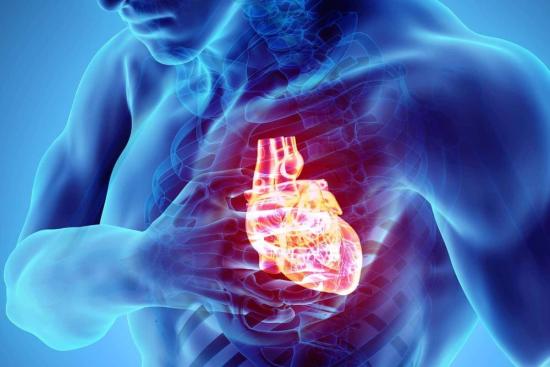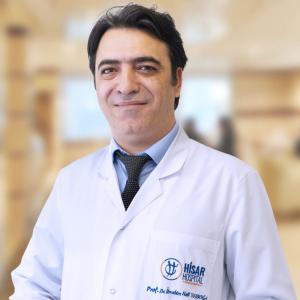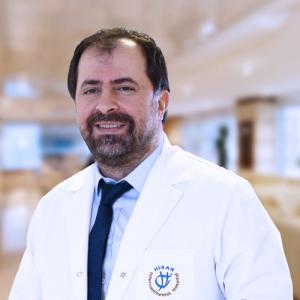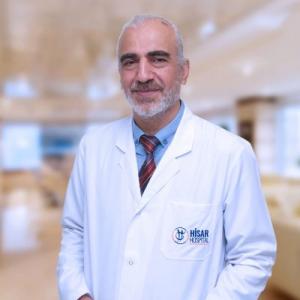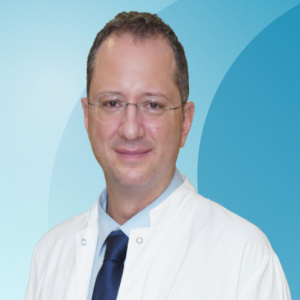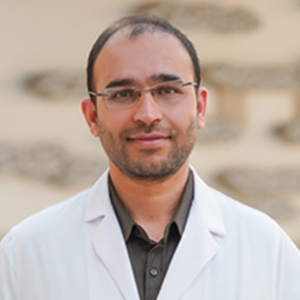Cardiology is a vital medical specialty dedicated to diagnosing and treating heart diseases, whether congenital or acquired.
At Turquie Santé, we connect you with leading clinics in Turkey, where expert doctors and state-of-the-art equipment provide advanced cardiac care. From preventive check-ups to complex treatments, our team guides you at every step, ensuring personalized support for a healthier, stronger heart and complete peace of mind.
Heart surgery in Turkey: Prices & reviews
Planning heart surgery abroad can seem complex, but with Turquie Santé, you receive personalized support at every step. We connect you with the best medical facilities in Turkey, carefully selected and accredited to international standards, ensuring world‑class care at highly competitive prices.
In Turkey, the cost of common cardiac surgeries typically ranges as follows:
- Coronary artery bypass graft (CABG): Approximately $6,000–$15,000 depending on hospital and complexity.
- Heart valve repair or replacement: About $8,000–$20,000.
- Angioplasty and stent placement: Around $5,000–$10,000.
- Implantable cardioverter defibrillator (ICD): Roughly $21,000–$24,000.
- Other advanced procedures: Prices vary based on treatment type and patient needs.
Take your first step toward optimal heart health with confidence: request your medical consultation and free cost estimate today via the link below.
